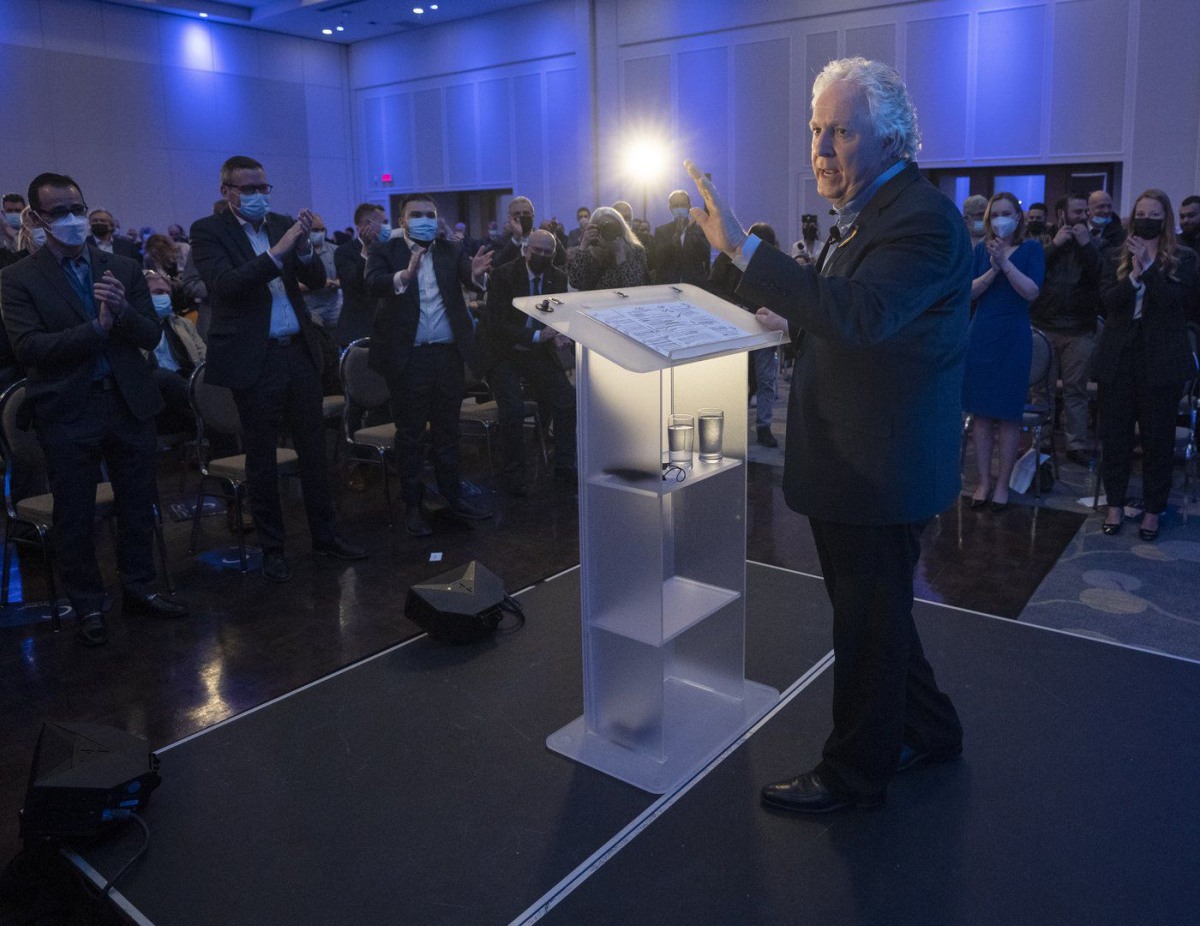Support strong Canadian climate journalism for 2025
Conservative leadership hopeful Jean Charest’s Indigenous policy released this week includes policies similar to the Liberals’, including an Indigenous-led housing plan and expansion of the procurement strategy for Indigenous businesses.
Charest is also promising safe, clean drinking water in all First Nations communities within four years.
In 2015, the Liberals promised safe drinking water by March 2021 but blew past that timeline. Now it’s estimated the federal government will not be able to eliminate all drinking water advisories on First Nations until 2023-24, and it could take as long as 2025-26 to stabilize drinking water supplies in affected nations.
And the next federal election is not expected until October 2025.
But within Charest’s policy list, there is no mention of environmental and climate protections or Indigenous protected conservation areas (IPCAs).
And it lacks any endorsement of the environmental and climate commitments called for in the Assembly of First Nations’ (AFN) 2021 federal priorities document titled The Healing Path Forward.
In the document, the AFN urges:
A 60 per cent reduction of emissions from 2010 levels by 2030, and net-zero emissions by 2050.
Support for the establishment of IPCAs and Indigenous Guardians.
Support for the right of First Nations to develop and implement their own environmental regulations for their traditional territories and resources.
First Nation partnerships on Canada’s climate plan, including a fair share of revenues generated from greenhouse gas pollution pricing.
Implementation of Indigenous water rights in their territories.
“The Healing Path Forward means addressing climate change, biodiversity loss, and its structural drivers in order to rebalance the relationship with all of creation. As record heat waves and wildfires devastate Canada, it is clear. There is no more pressing issue for all of humanity,” the document reads.
Instead, Charest’s environmental policy touted on his website promises the creation and funding of a Federal Indigenous Opportunities Corporation, based on the Alberta model, which would allow Indigenous groups to invest and participate in resource projects.
Charest also promises to pass a Critical Infrastructure Protection Act that will criminalize blockades, trespassing and interference with national infrastructure, such as pipelines, mines, railways, ports, and energy and refining facilities.
Pierre Poilievre, the front-runner in the Conservative Party of Canada leadership race, has yet to release an Indigenous-focused policy list. However, Poilievre has said he would repeal Bill C-69 and C-48.
Bill C-69 strengthened environmental assessments and Indigenous consultations, while Bill C-48 banned large tankers from B.C.’s northern coast, a move popular with many First Nations in the area.
Charest’s environmental policy also includes the repealing of these bills.






Comments